I would offer these words readily if I returned to the pastorate today. I remember a radio show (kids, that’s what we listened to before podcasts!) when I was in college where people called and asked the host their questions about the Bible, theology, spiritual living, etc. The host then drew on his command of memorized Bible verses, theological training, and spiritual insight to give them the answer they need to their questions. My friends and I came away impressed with how much this guy knew. At the time I thought, “That’s who I want to be. A guy who has all the answers to people’s burning questions. What can be more spiritual than that?”
As a young pastor myself, I often felt the pressure to have the answers. Congregation members come to pastors with spiritual questions relating to the challenges they face in their lives. Sometimes they want to know what the Bible says. Sometimes they want to know what it means. Sometimes they hope it justifies their decisions. Sometimes they want it to condemn the actions of others. And on it goes. One thing you can be sure—there’s always a question behind the question. And I felt compelled to have the answer.
In preaching sermons I always felt I had to answer the questions around difficult passages of the Bible. Truthfully, it’s common to spend hours studying the Bible and to come away with more questions than answers. But when I stood up Sunday morning, I believed I had to present the answers rather than the questions. From time to time, I would hold Q&A sessions with our college group—my own chance to play Bible Answer Man. I saw it as a chance to hear what issues were on people’s minds. And it was a chance to show my theological knowledge and build my credibility.
As a business leader at Lisa Leonard Designs over the last seven years I have had the privilege to travel around the country and around the world. I have talked with many fascinating people from different countries, religions and walks of life. I’ve heard a whole different set of questions than anyone asks in the Church.
I’ve taken an even bigger journey into the inner recesses of my own heart and soul. I see how badly I needed to prove myself as a pastor—to me and to everyone around me. I’ve mined the cavernous voids inside me driving me to possess the answers and solve people’s problems. My insecurities prevented me from the deepest levels of honesty with myself and therefore with others. This limited my ability to show up with others. My need for approval prevented me from uttering the honest truth. Three simple words. I don’t know.
Worst of all, my need to be a Pastor with all the answers prevented me from being a guy with honest questions. In studying the Bible, I was often so concerned to find the answers I rarely took time to understand my own questions. When the Bible doesn’t readily make sense, questions open up possibilities. Answers shut it down and make the text manageable again. In listening to people, I was so focused on coming up with the answers, I didn’t take time to listen to their questions. I missed the chance to ask how they see their own situation. Or to ask what they think they should do. Or to even to challenge them to sit with their own question a while longer. During Q&A, perhaps I should have turned the table and asked the students questions to help us learn from each other.
A mentor tells me in ancient Jewish schools the question at the end of the day differs from our dinner time conversations today. It’s common to ask our children, “What did you learn at school today?” The question around the Jewish table was, “What questions did you ask today?” The idea being, the quality of your learning is based on the quality of your questions. Today I try to live my life and run our business by asking more questions and having fewer answers.
If I were to return to the pastorate, I would ask more questions and offer fewer answers. As a CEO, I strive to ask questions and admit I am not the omni-competent leader. As a dad, raising young men, my favorite conversations begin with Matthias’s questions. Sometime he needs advice, but usually he needs a listening ear and guidance to work out the issue himself. I am trying to ask more questions these days. Most of all, I hope have gained the humility to simply say, “I don’t know.”
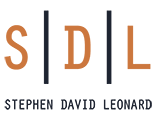

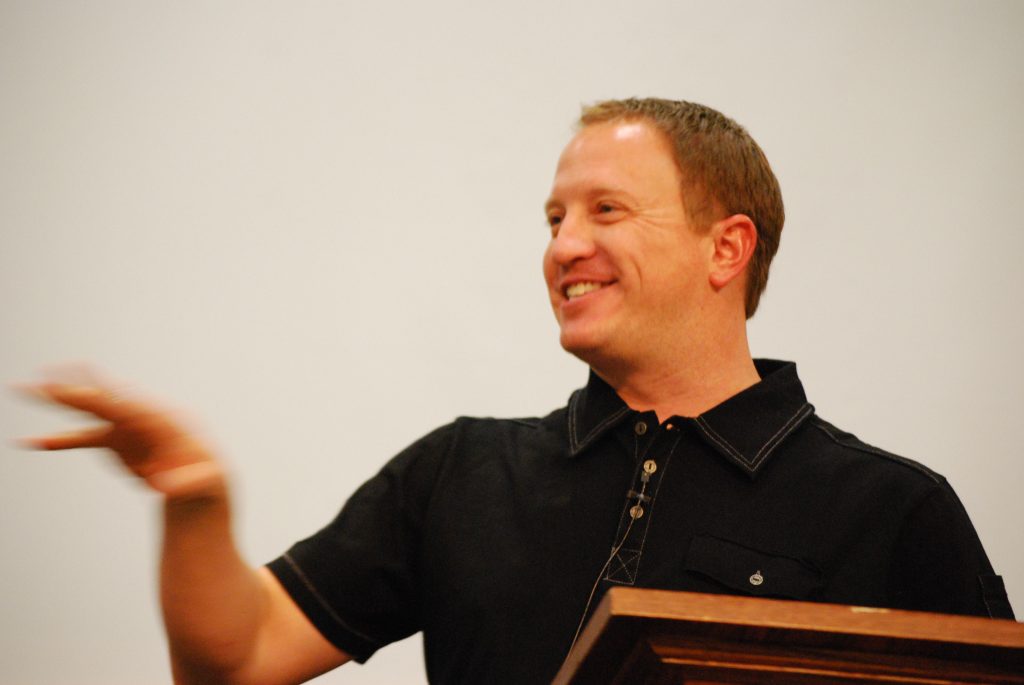
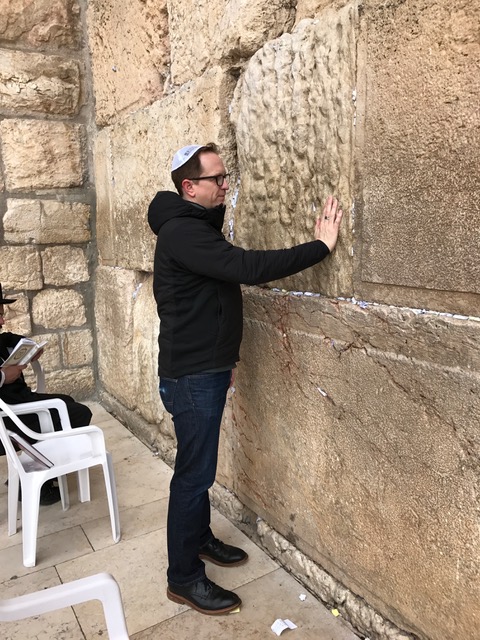
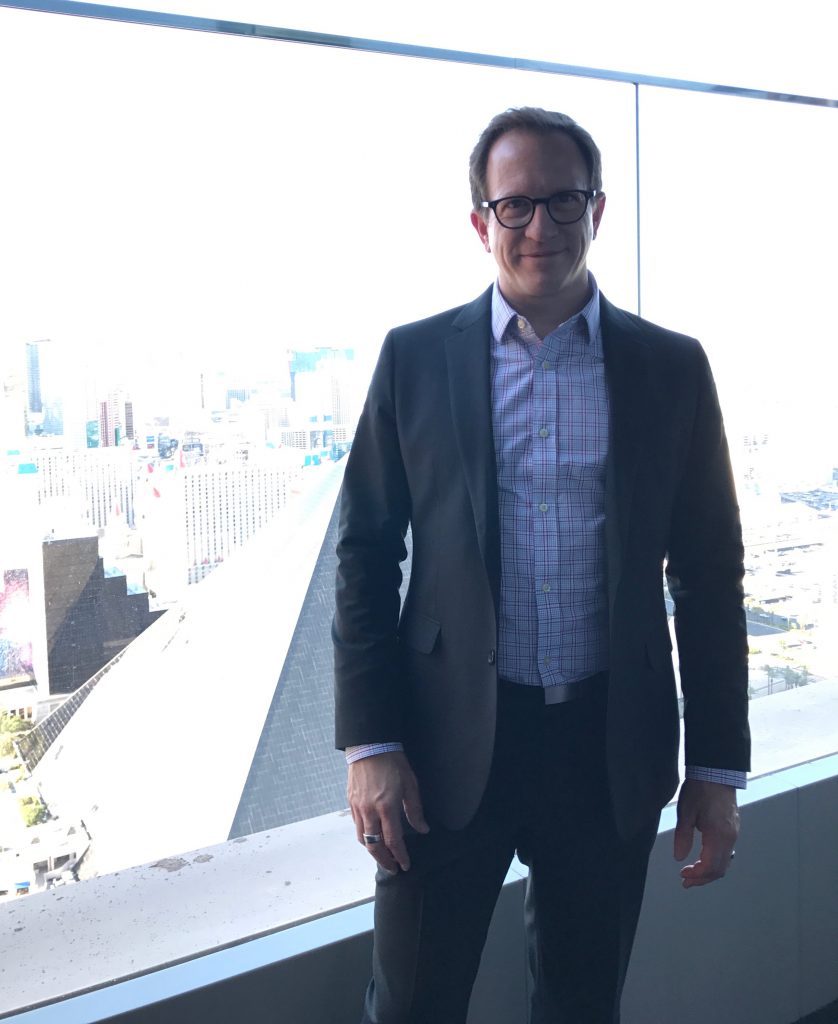
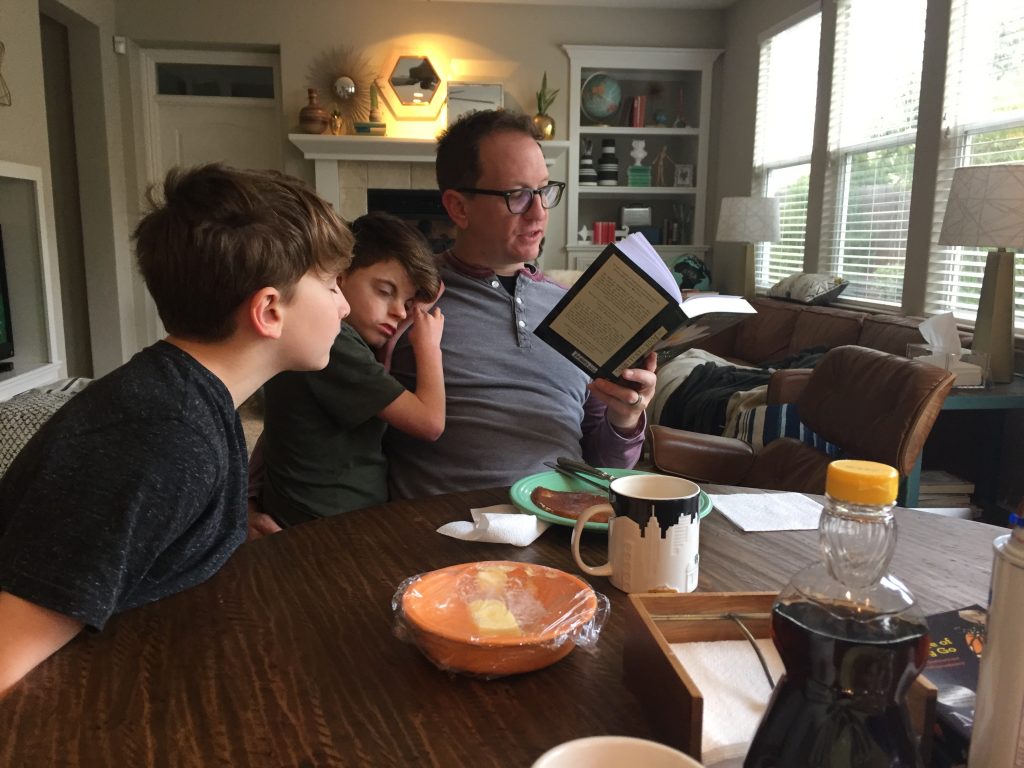
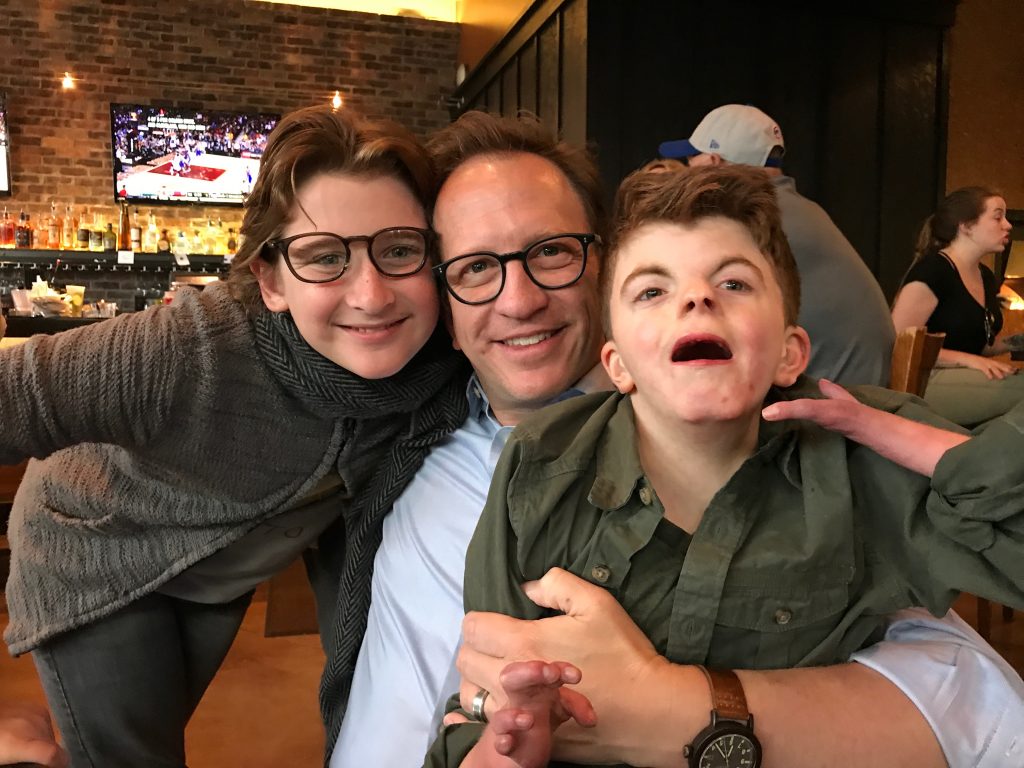




Wry encouraging read, we’re walking in parallel Steve and you have put into words much of how I feel. Thank you for spending the time to post this, it means a lot!
Beautifully said, Steve. I also would like to learn to ask better questions and listen more, rather than needing to give my own input.
This resonates with me so much. The words “I don’t know,” used to frighten me while searching for answers, but there’s freedom in those words, opportunity for exploration of ideas and self. Thank you for sharing, Stephen David Leonard.
Enjoyed reading your post; it all sounds so very normal! Even though not a pastor – your thoughts are universally applied to all. The joy of maturing reveals how much grace we’ve been given….”wash yourself” in it daily. Lovely photos.
Loved reading how your transformational journey illuminates what is truly divine- self-compassion, simplicity, empathy, and self-love. The melody of your life Steve is just beginning to be written. What a composition it will be. The score complex and rich. We are truly blessed to be on the journey with you. I can’t wait to be a part of it. Warmly, Debi
Wow. Just. Beautiful. Yes. It’s that faux omnipotence that has turned so many against religion.* The reality is to live the question and that there is no black and white. Life is gray. I kinda like it that way. You write as honestly, beautifully, openly, and vulnerably as your beautiful wife.
*And this need to have all the answers has done so many in the ministry in emotionally, psychologically, spiritually.
This makes so much sense and I love it so much. I think this can help me. Thank you, you are a good man.